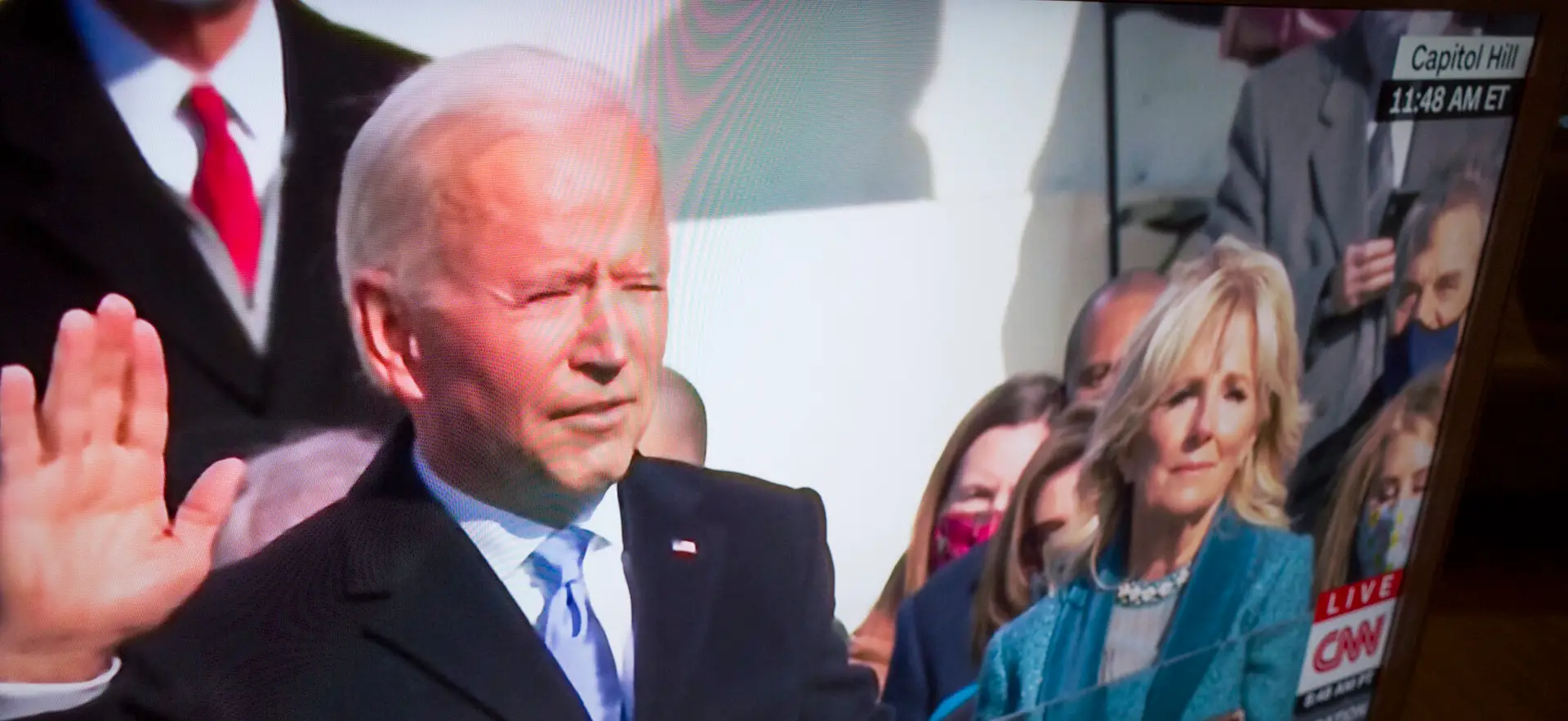Unity – the state of being united or joined as a whole.
Unanimity – agreement by all people involved; consensus.
In his inaugural address, President Joe Biden called Americans to unite. This call to unity will sound naïve and even laughable to many. The U.S., and indeed the world, has been growing more divided for decades. But you can do something about this.
By distinguishing between unity and unanimity, you give yourself a chance to lead others as a non-anxious presence.
There are many things that are united without agreeing unanimously. These include families, churches, leadership teams, and (sometimes) even political parties. If everybody had to agree for unity to exist, then unity would only exist in the smallest, most like-minded systems. These would not only be boring, they would likely not be very effective. When there is only one point of view, there is usually a huge blind spot.
So how can you be a non-anxious leader who helps achieve unity in your family, church, organization, community and, dare I say, country?
First, stay focused on what matters. Unity comes when there is a sense of mission or purpose. People may disagree on particulars, but if there is a common purpose then the disagreements become less about ourselves and more about what’s best for the common good.
One of your most important roles as a leader is to help others keep the focus on this sense of purpose, on what matters most. If you focus on what you want, especially if you’re the main beneficiary, then you’ll come across as self-serving. If you focus on finding consensus then you’ll get bogged down in petty differences and will get stuck.
Your job as a leader is to discern the purpose or mission of your family, team, church or organization. For me this is involves prayer and seeking God’s will. This sense of purpose will differ, depending on the system and the context.
In one family, it might be to help everyone care for one another. In another, it might be to help everyone succeed. Neither is right or wrong, but if you can help discern and articulate this, it will help everyone.
Given the current state of our world, talking about purpose can be more helpful than talking about particulars. For example, when talking about immigration, what are we trying to achieve? What is our purpose? Very few people talk about it, but the varying interests might agree that we want to be able to allow for enough immigration to provide employers access to the labor they need without endangering the jobs of current residents, while also allowing those who are escaping poverty and dangerous situations a new chance at life. Not an easy problem to solve, but nobody said it would be easy.
My point here is that we get bogged down in what divides us rather than what might unite us. Focusing on purpose can help foster the latter.
Which leads to the second thing you can do (here comes the broken record). Say what you believe while giving others the freedom to disagree.
The essence of non-anxious leadership is self-differentiation. When you lead through self-differentiation you are able to articulate your own goals and values without forcing others to agree with you. In other words, you are able to define yourself without trying to define others.
This creates healthy emotional space, which makes vigorous debate possible. This also fosters emotional connection. When you have both self-definition and emotional connection, then it’s possible to have discussions where you disagree while maintaining respect for one another.
Whether you’re talking politics, how your family is going to handle the holidays in a pandemic or what your church needs to do to navigate an uncertain future, allowing for this kind of discussion is not only healthy, but will help you arrive at better outcomes. Unity is not unanimity.
These are challenging times. The world needs non-anxious leaders. Unity may be more aspirational than entirely achievable, but when you distinguish between unity and unanimity, you have a better chance of getting there.


